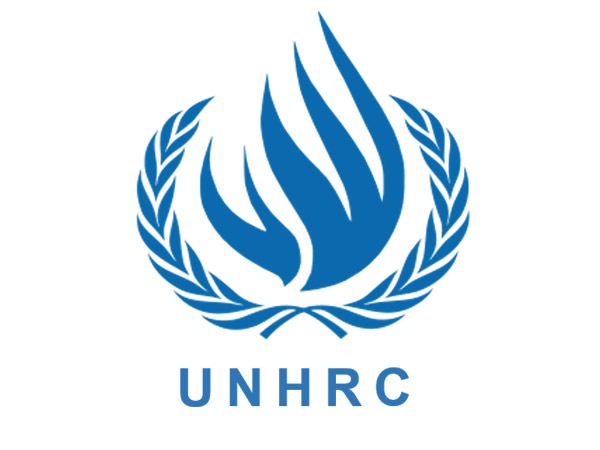India said that it continues to monitor developments related to human rights, including those of women and girls, in Afghanistan and has “abiding stakes” in return for peace and stability in the country.
Speaking during the Interactive Dialogue on the Office of the United Nations High Commissioner for Human Rights (OHCHR) report on the human rights situation in Afghanistan at the 54th Session of the Human Rights Council, India’s Permanent Representative to the United Nations and Other International Organisations in Geneva Ambassador Indra Mani Pandey said that India is a contiguous neighbour and long-standing developmental partner of Afghanistan.
“We share close historical and civilisational linkages with the people of Afghanistan. We have, therefore, abiding stakes in return for peace and stability in Afghanistan and we continue to monitor the developments related to human rights there,” Mr Pandey said.
Mr Pandey said that India’s historical relationship with the Afghan people and the stipulations outlined in UNSC Resolution 2593, adopted under India’s UN Security Council Presidency in August 2021, has continued to guide Delhi’s approach to Afghanistan.
“We reaffirm the importance of upholding all human rights, including those of women and girls, and call for their full, equal and meaningful participation in sustaining and building on Afghanistan’s gains over the last twenty years,” he said.
The UNSC resolution demands that Afghan territory not be used to threaten or attack any country or to shelter or train terrorists, reaffirms the importance of upholding human rights including those of women, children and minorities and calls for strengthened efforts to provide humanitarian assistance to Afghanistan.
Mr Pandey said in view of the deteriorating humanitarian situation and urgent appeals by UN agencies, India has delivered 50,000 metric tonnes (MTs) of wheat, 28 tonnes of disaster relief, and 200 tonnes of medicines, vaccines and other medical items.
India has partnered with the United Nations Office on Drugs and Crime (UNODC) in its humanitarian efforts and has supplied 1,100 units of female hygiene kits and blankets for UNODC female rehabilitation centres across Afghanistan, he said.
United Nations High Commissioner for Human Rights Volker Turk told the 54th Session of the Human Rights Council that the report notes that over the past two years since the Taliban takeover of Kabul, the de facto authorities have steadily dismantled institutional protections for human rights and eroded the rule of law, despite the international human rights obligations that continue to bind Afghanistan as a State.
In addition, the humanitarian and economic crisis facing Afghanistan continues to seriously impact the enjoyment of the full spectrum of human rights.
The report states that Afghan women and girls have been restricted from participation in most areas of public and daily life by the introduction of progressively more severe and discriminatory edicts, policies and other pronouncements.
These measures deny the rights of women and girls to access education, work and their freedom of movement and impact access to health and other essential services.
Turk said the international community cannot turn its back on the people of Afghanistan. “This is a human rights crisis of the first order.” He exhorted the de facto authorities fundamentally to change course and bring Afghanistan back to the international order with full respect for its international human rights obligations.

